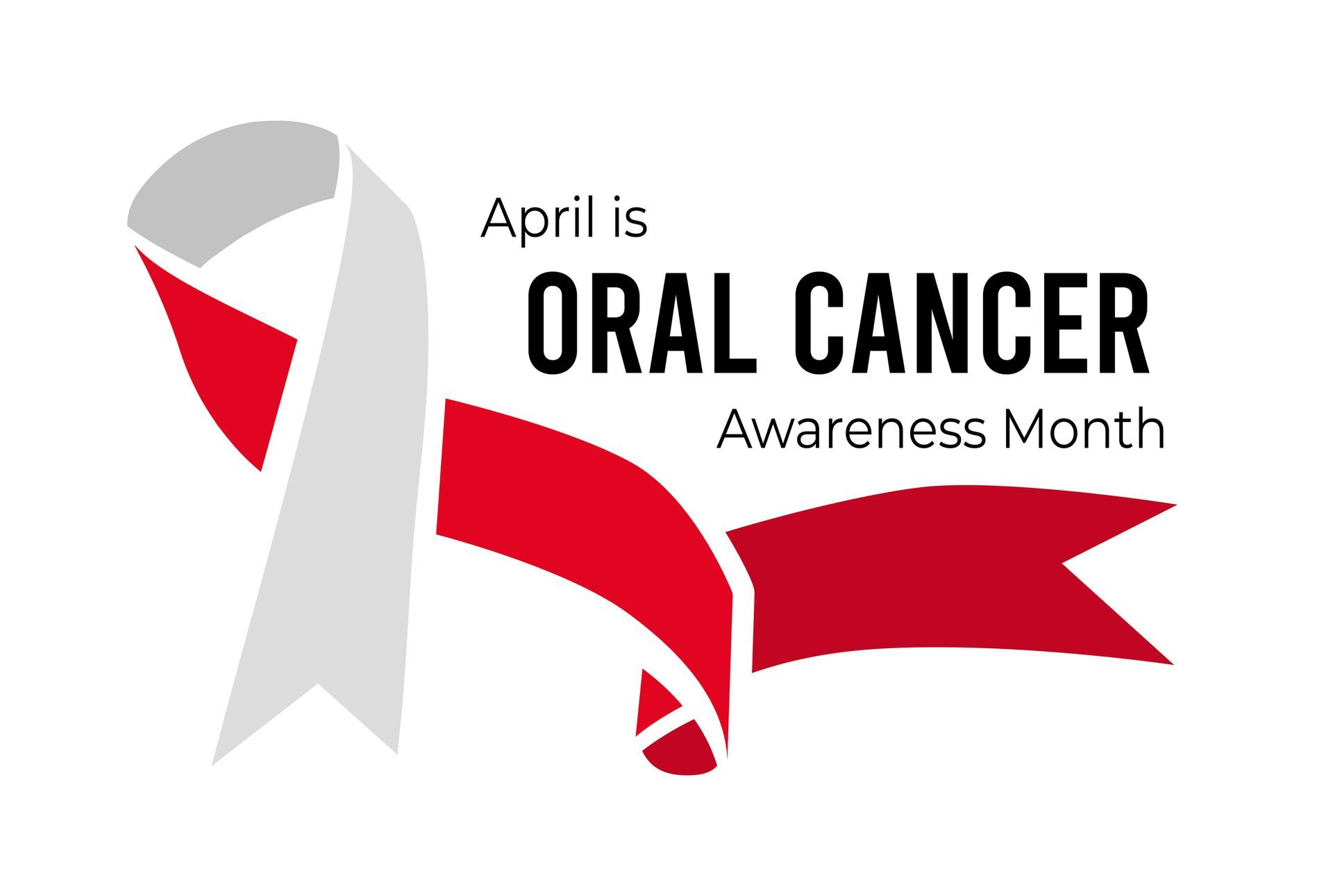Navigating the Gummy Journey: Understanding and Soothing Your Teething Baby
The eruption of baby teeth, commonly known as teething, is a milestone that often comes with its share of drool, discomfort, and distressed cries. For new parents and babies alike, teething is a natural but challenging phase. This article aims to explain the teething process and offer effective strategies for managing the discomfort.

The Teething Timeline: When to Expect Those Pearly Whites
Teething typically begins around 6 months of age but can start as early as 3 months or as late as 12 months. The two bottom front teeth (lower central incisors) usually appear first, followed by the top front teeth (upper central incisors). Most children will have a full set of 20 primary teeth by the age of 3.
Signs and Symptoms: Decoding Your Baby’s Discomfort
While some babies breeze through teething with hardly a whimper, others may experience a range of symptoms:
• Drooling: Teething stimulates drooling, which can lead to a facial rash.
• Gum Swelling and Sensitivity: The gums may become swollen and tender as teeth push through.
• Irritability: Discomfort may make your baby fussier than usual.
• Chewing Behavior: Babies often seek to relieve pressure by chewing on items.
• Sleep Problems: Discomfort can disrupt sleeping patterns.
• Mild Temperature: Some babies might have a slight increase in temperature.
It’s important to note that severe symptoms, like high fever and diarrhea, are not typical of teething and should prompt a visit to the pediatrician.

Soothing the Soreness: Teething Relief for Your Little One
There are several ways to help ease your baby’s discomfort during teething:
• Teething Rings: Offer a clean, chilled teething ring for your baby to chew on.
• Gentle Pressure: Rub your baby’s gums with a clean finger or a damp gauze pad.
• Cold Relief: Chilled (not frozen) food items, such as yogurt or a cold spoon, can be soothing.
• Safe Objects to Chew: Ensure that any items your baby chews on are safe and cannot be swallowed or choked on.
• Pain Relief: If your baby seems particularly unhappy, consult your pediatrician about using a children’s pain reliever.
• Dry the Drool: Keep a cloth handy to dab away drool and prevent rashes.
Teething Tips: Best Practices for Parents
• Maintain Oral Hygiene: Even without teeth, keep your baby’s mouth clean by wiping the gums with a soft, damp cloth.
• Stay Cool: Avoid frozen items which can be too harsh on a baby’s sensitive gums.
• Monitor Toys and Teething Rings: Watch for breakage or wear that could pose a choking hazard.
• Avoid Numbing Agents: Steer clear of over-the-counter numbing agents, as they may be harmful to infants.
Conclusion: Teething Triumphs
While teething is a trying time, it’s also an exciting indicator of your baby’s growth. With patience and the right approach, you can help your baby emerge from the teething phase with less fuss and more giggles. Remember that this phase is temporary, and soon your baby’s gummy smile will give way to a toothy grin.




